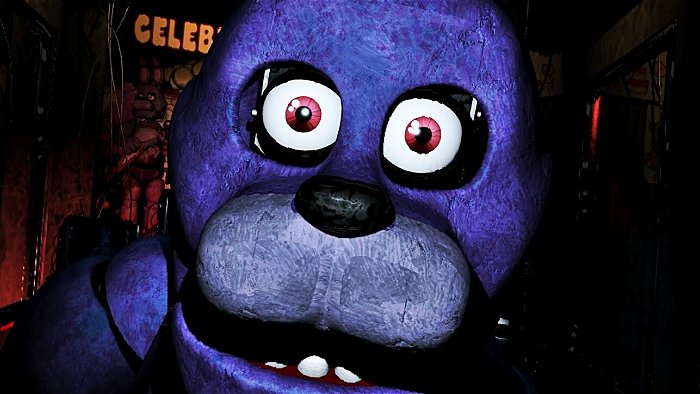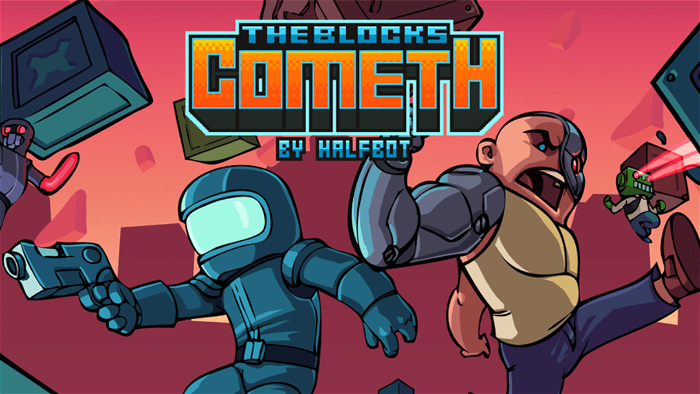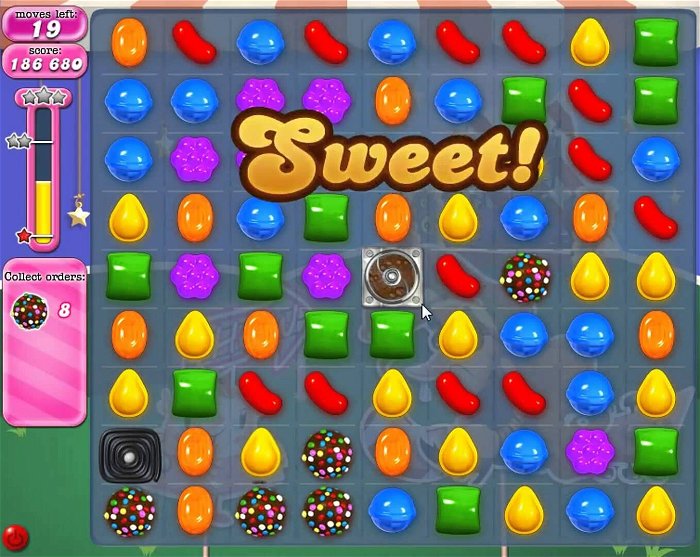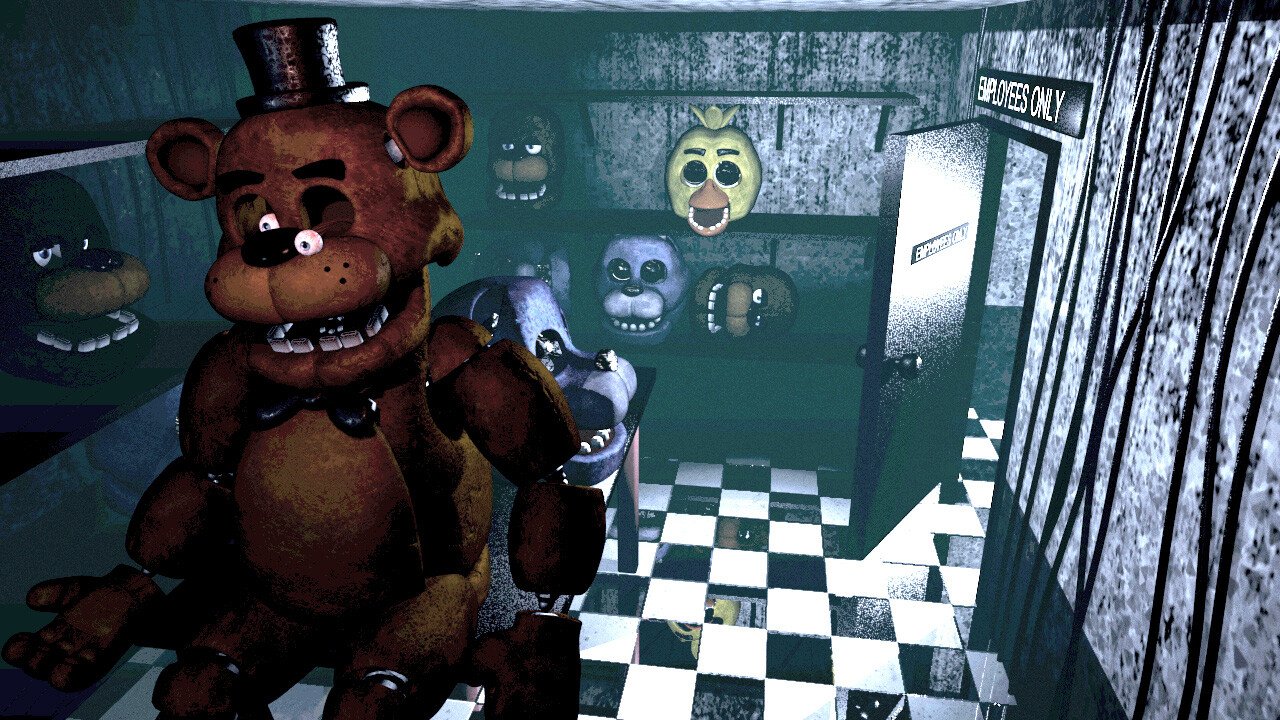There are over 600,000 apps available on the iTunes app store, and 181,962 of them are active games. According to Apple, 26,000 new apps are submitted every week, with only 30% of them making the cut. On top of that, Apple keeps 30% of the earnings games make.
Indie companies have a lot more on their plate. Most of them are small companies, so competing against big names like EA Games and Zynga who can afford to offer freemium games is difficult enough. There are also bots, pay-per-downloads, and now, clones.
It’s as if patents and copyright infringement mean nothing when it comes to the Apple app store. There are clones everywhere. To start off, all you need to do is drop the money for the development license, and get the tools needed to develop. That’s it.
While the app store does go through the games and tests them to look for bugs and offensive content, there are always the games that slip through the cracks. Otherwise, we wouldn’t have so many Temple Run clones.

Recently, Apple has been subpoenaed by Scott Cawthon. The creator of the popular Five Nights at Freddy’s found out that someone under the name “Laxada Poladi” had released a copy of his game titled Five Nights at Freddy’s 4 without permission. No one really knows if Apple will release the information of the developer, but has taken the game off the app store.
This is not the first case of this happening. There have been many other games that have been copied and submitted to the app store as an original piece. The problem is that not many of them go detected because a lot of these games are owned by indie companies. Some of them are too small to seek out legal action and get the games taken down. One famous example of this is Halfbot’s The Blocks Cometh.

Halfbot released their game The Blocks Cometh back in late November 2010 as a flash game online. In 2011 they were working on making a version for iOS when co-founder Melvin Samuel found the game was already on the iTunes app store. It was released under EdisonGames and had made the “New and Noteworthy” list, as well as made it to the top 100 game list. It was exactly the same game except for the main character who was taken from another game, League of Evil. Apple and the media were both contacted, but it wasn’t until the news made it on Reddit almost a week later that the game was taken down. In that time, Apple contacted Halfbot twice: once as an automated email, and another to let them know the company was investigating the issue.
Now, it’s expected that there are going to be similar games, and copying games is nothing new. Once a game becomes popular, people jump on the bandwagon and make their own version. It’s been happening for years. Remember when Flappy Bird came out? There were so many different versions available. Some were parodies or actually offered something different than the original game, while others were just copies with one or two minor details changed. The accessibility through the Internet doesn’t help either. There is some serious damage being done to the indie game industry. Usually it’s a larger company stealing from a smaller one. The copies aren’t always easy to spot out. Depending on the graphics, it’s hard to tell which came first. Some would assume Candy Crush Saga was the original because of the higher end graphics.
King was accused of ripping off Runsome Apps’ game Candy Swipe, which was launched in 2010. King’s Candy Crush Saga was released in 2012, and was the number one game for months on the Apple app store. There were lots of similarities between the games, like the concept, and visuals, most notably, the “Sweet!” that appears after completing each level. The major factor in this is when King copyrighted the words “candy” and “saga” to prevent indie developers from copying their concept, they also bought a game called Candy Crusher, which was released in 2004. These factors gives King the upper hand. Since 2013, the two rivals have been going back and forth on the issue.

The good news in all of this is that some of the clones don’t last very long. Many people tend to stick to the games that are more popular and known to be original, but when it comes to the bigger names and popular games, it’s sometimes hard to tell who came first. Apple said it’s trying to take down the clones, as well as use Chomp to bring more attention to real apps when searching. There’s always the option for players to report games that don’t comply with the rules of the app store.
While it’s nearly impossible to know every single game on the market, once a clone is spotted, there should be more done. Banning offenders could help bring an end to fake games, but what’s to stop them from registering again and starting over?
Until then, the fate of indie games is in the hands of the players through supporting them by downloading their original games and even spending a couple dollars on them.




